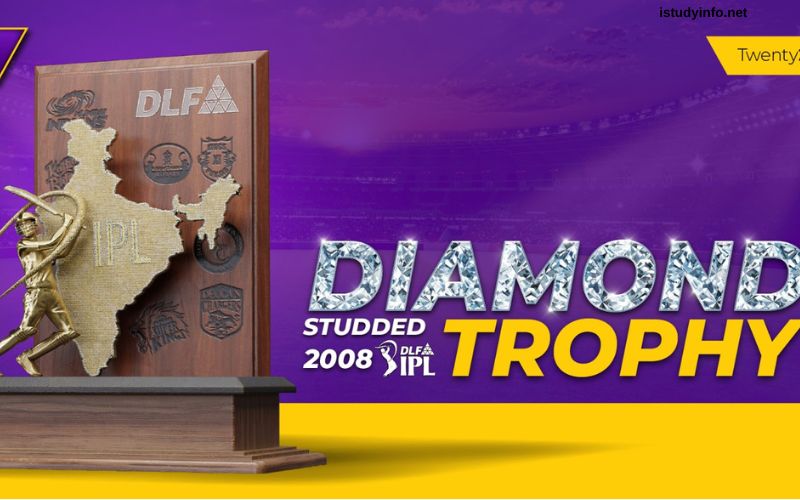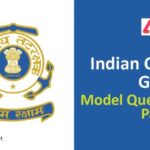The Birth of IPL and Its Inaugural Season
The IPL was conceptualized by the Board of Control for Cricket in India (BCCI) as a response to the growing popularity of T20 cricket around the world. The league aimed to blend cricket with entertainment, attracting both cricketing talent and celebrities to create a unique sports entertainment product. Eight franchises were established, each representing different cities or regions across India.
The inaugural season kicked off on April 18, 2008, with a glitzy opening ceremony that set the tone for what was to come. The format was straightforward yet innovative: each team played every other team twice in a round-robin format, culminating in the top four teams advancing to the semi-finals.
The Road to the Final
The league stages saw intense competition, with teams showcasing their skills and strategies. Several players stood out with their performances, making headlines and setting the stage for thrilling encounters in the playoffs. Teams like Rajasthan Royals, led by Shane Warne, and Chennai Super Kings, under the leadership of MS Dhoni, emerged as strong contenders.
Rajasthan Royals, despite being the underdogs, captured the imagination of fans with their spirited performances. Led by the legendary Australian spinner Shane Warne, the Royals displayed a mix of astute captaincy, strategic acquisitions, and stellar individual performances. On the other hand, Chennai Super Kings, with MS Dhoni at the helm, showcased their trademark consistency and ability to perform under pressure.
The Final Showdown
After weeks of exhilarating cricket, the IPL 2008 final was set: Rajasthan Royals versus Chennai Super Kings. The match was held on June 1, 2008, at the DY Patil Stadium in Navi Mumbai. It was a clash between two contrasting styles of leadership and cricketing philosophies.
Shane Warne, known for his tactical acumen and ability to inspire his team, led Rajasthan Royals onto the field. His leadership extended beyond the cricket field, where he mentored young players and galvanized his team to perform beyond expectations. Warne’s charisma and cricketing genius played a crucial role in Rajasthan Royals’ journey to the final.
Opposing him was MS Dhoni, the calm and composed captain of Chennai Super Kings. Dhoni’s leadership style was characterized by his cool demeanor under pressure and his tactical nous. Throughout the season, Dhoni marshaled his resources effectively, making timely bowling changes and backing his batsmen to deliver when it mattered most.
The Drama Unfolds
The final itself was a fitting culmination to an action-packed season. Chennai Super Kings won the toss and elected to bat first, setting a target of 164 runs for Rajasthan Royals. In response, Rajasthan Royals chased down the target with three wickets in hand and three balls to spare, clinching a historic victory.
The match witnessed several standout performances, with Yusuf Pathan’s blistering innings and Sohail Tanvir’s economical bowling being particularly memorable. Shane Warne’s tactical acumen was on full display as he marshaled his resources expertly to contain Chennai Super Kings’ batting lineup and engineer a thrilling victory for Rajasthan Royals.
The Trophy Lifted
As the dust settled and the confetti rained down, Shane Warne had the honor of lifting the IPL 2008 trophy studded with diamonds. It was a moment of triumph not just for Rajasthan Royals but for the spirit of the underdog and the vision of the IPL itself. Warne’s captaincy had defied odds and expectations, proving that cricketing glory could be achieved through a combination of skill, strategy, and sheer determination.
Legacy of IPL 2008
The inaugural season of IPL left an indelible mark on the landscape of cricket. It revolutionized the sport by introducing new formats, innovative marketing strategies, and a platform for young talent to showcase their skills on a global stage. The success of IPL 2008 paved the way for subsequent seasons that have only grown in scale and popularity.
For Shane Warne and Rajasthan Royals, IPL 2008 remains a cherished chapter in their respective legacies. It was a triumph of belief over skepticism, of strategy over convention, and of cricketing excellence over all odds. As the IPL continues to evolve, the memories of that historic season and Shane Warne lifting the diamond-studded trophy will continue to inspire generations of cricketers and fans alike.
Conclusion
In the answer to which captain lifted the diamond-studded IPL 2008 trophy is Shane Warne, captain of Rajasthan Royals. His leadership and Rajasthan Royals’ fairy tale journey encapsulate the essence of the inaugural IPL season—a blend of cricketing prowess, strategic brilliance, and sheer passion for the game.













